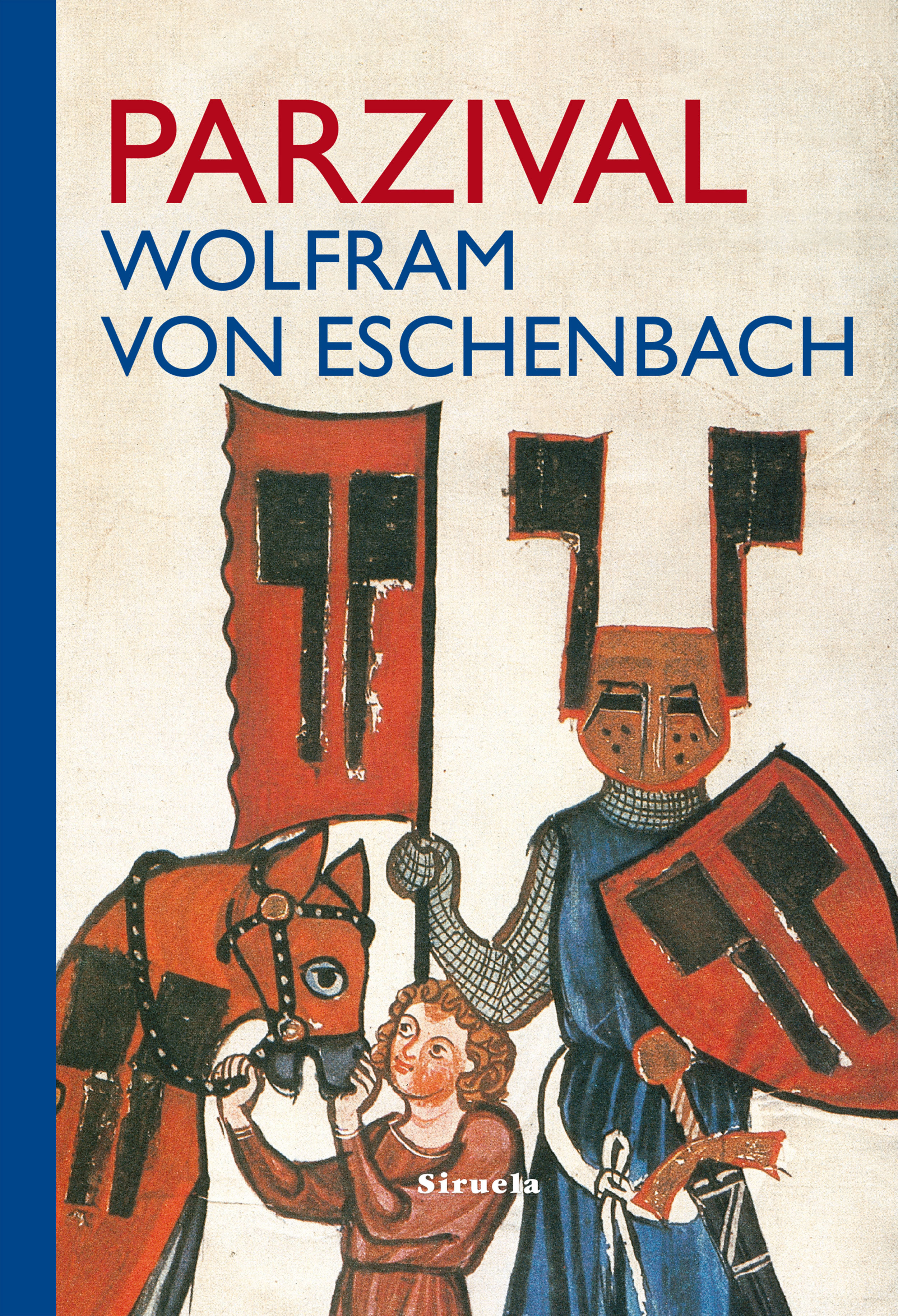

The last and unfinished one of these was named ‘Perceval’, or ‘The Legend of the Graal’. Wolfram's nine surviving songs, five of which are dawn-songs, are regarded as masterpieces of Minnesang.įor this work, we need to mention two authors:Ĭhretien de Troyes, between 11 in medieval French language, created a series of epic poetry on chivalry. These were both composed after Parzival, and Titurel mentions the death of Hermann I, which dates it firmly after 1217. Wolfram is the author of two other narrative works: the unfinished Willehalm and the fragmentary Titurel. Some scholars believe Wolfram might have meant Guiot de Provins (though none of the latter's surviving works relate to the themes of Parzival), however others believe Kyot was simply a literary device invented by Wolfram to explain his deviations from Chrétien's version. In the poem, Wolfram's narrator expresses disdain for Chrétien's (unfinished) version of the tale, and states that his source was a poet from Provence called Kyot. Based on Chrétien de Troyes' Perceval, le Conte du Graal, it is the first extant work in German to have as its subject the Holy Grail. Wolfram is best known today for his Parzival, sometimes regarded as the greatest of all German epics from that time. In his Parzival he claims he is illiterate and recorded the work by dictation, though the claim is treated with scepticism by scholars. Wolfram's work indicates a number of possible patrons (most reliably Hermann I of Thuringia), which suggests that he served at a number of courts during his life. The arms shown in the Manesse manuscript come from the imagination of a 14th-century artist, drawing on the figure of the Red Knight in Parzival, and have no heraldic connection with Wolfram. However, the evidence is circumstantial and not without problems - there are at least four other places named Eschenbach in present-day Bavaria, and Wolframs-Eschenbach was not part of Bavaria in Wolfram's time. This and a number of geographical references have resulted in the present-day Wolframs-Eschenbach, previously Obereschenbach, near Ansbach in Bavaria, being officially designated as his birthplace.

In Parzival he talks of wir Beier ("we Bavarians") and the dialect of his works is East Franconian. There are no historical documents which mention him, and his works are the sole source of evidence. As a Minnesinger, he also wrote lyric poetry. Wolfram von Eschenbach was a German knight and poet, regarded as one of the greatest epic poets of his time.


 0 kommentar(er)
0 kommentar(er)
